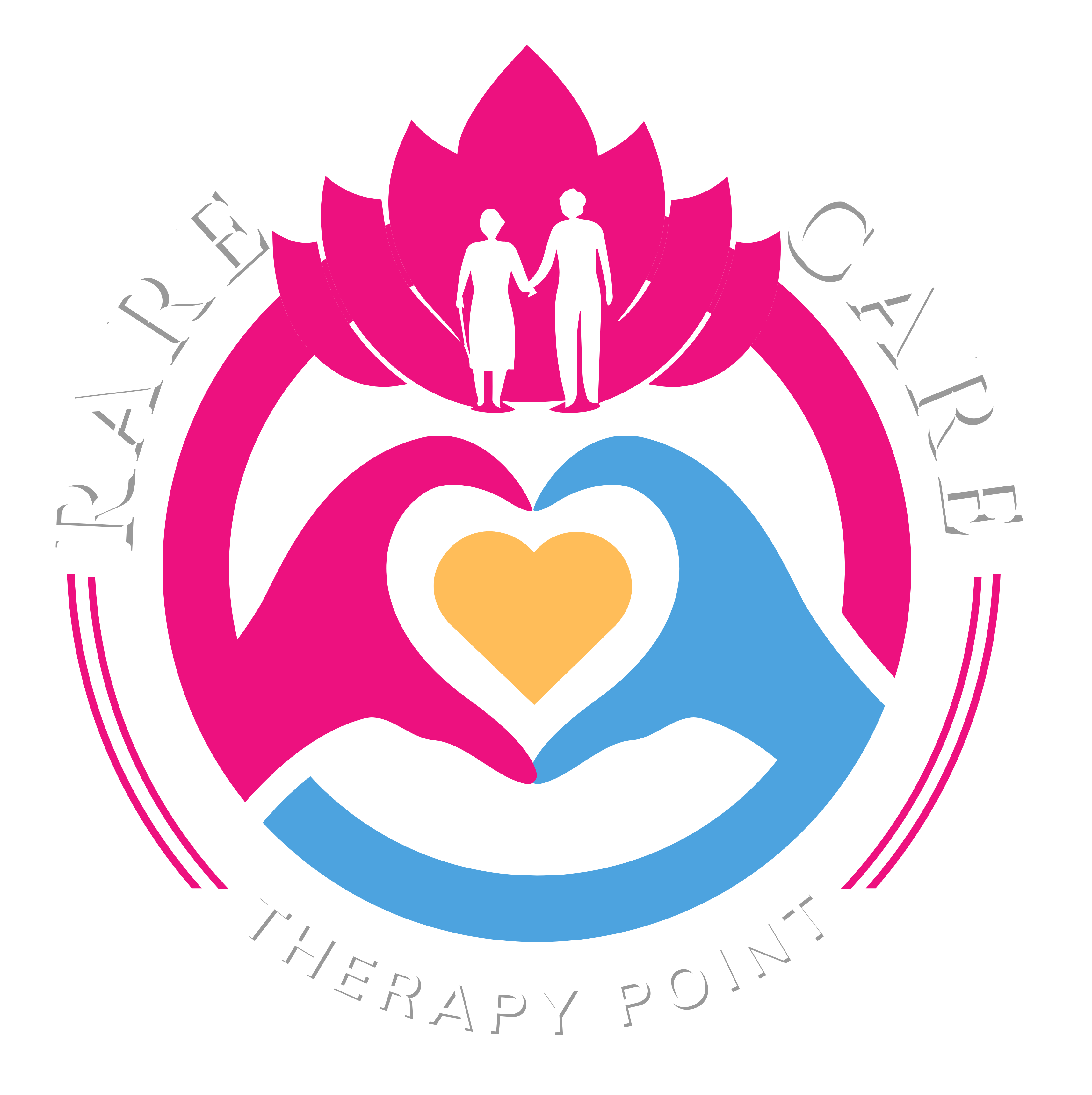Treatment of Mental Retardation

Treatment of Mental Retardation
Treatment for mental retardation, now more commonly referred to as intellectual and developmental disabilities (IDD), involves a comprehensive and tailored approach aimed at maximizing an individual’s potential for cognitive, social, and adaptive functioning. The treatment encompasses a multidisciplinary approach, incorporating various therapies, educational interventions, behavioral modifications, and support services. Specialized programs focus on skill development, cognitive training, speech and language therapy, occupational therapy, and behavioral therapies. Additionally, individualized educational plans and vocational training are crucial components, facilitating integration into society and promoting a fulfilling life.


Advantages of Treatment of Mental Retardation
The above mentioned interventions aim to enhance cognitive abilities, improve communication, cultivate social skills, and foster independence in daily living activities. Family involvement and a supportive community play a vital role in ensuring the success of the treatment, fostering a nurturing environment that enables individuals with intellectual and developmental disabilities to lead meaningful and enriched lives.
- Treatment focuses on improving cognitive abilities, enabling individuals with intellectual and developmental disabilities to enhance their problem-solving, memory, and decision-making skills, contributing to improved overall functioning.
- Individualized educational plans, a vital aspect of the treatment, are designed to cater to the unique learning styles and abilities of individuals, providing a structured approach to education and skill development.
- Treatment encourages participation in group activities, social skills training, and community engagement, facilitating the development of social relationships, a sense of belonging, and active integration into society.
- Treatment fosters a supportive environment within families and communities, creating awareness and understanding of intellectual and developmental disabilities, promoting acceptance, and providing a strong support system for individuals undergoing treatment.
